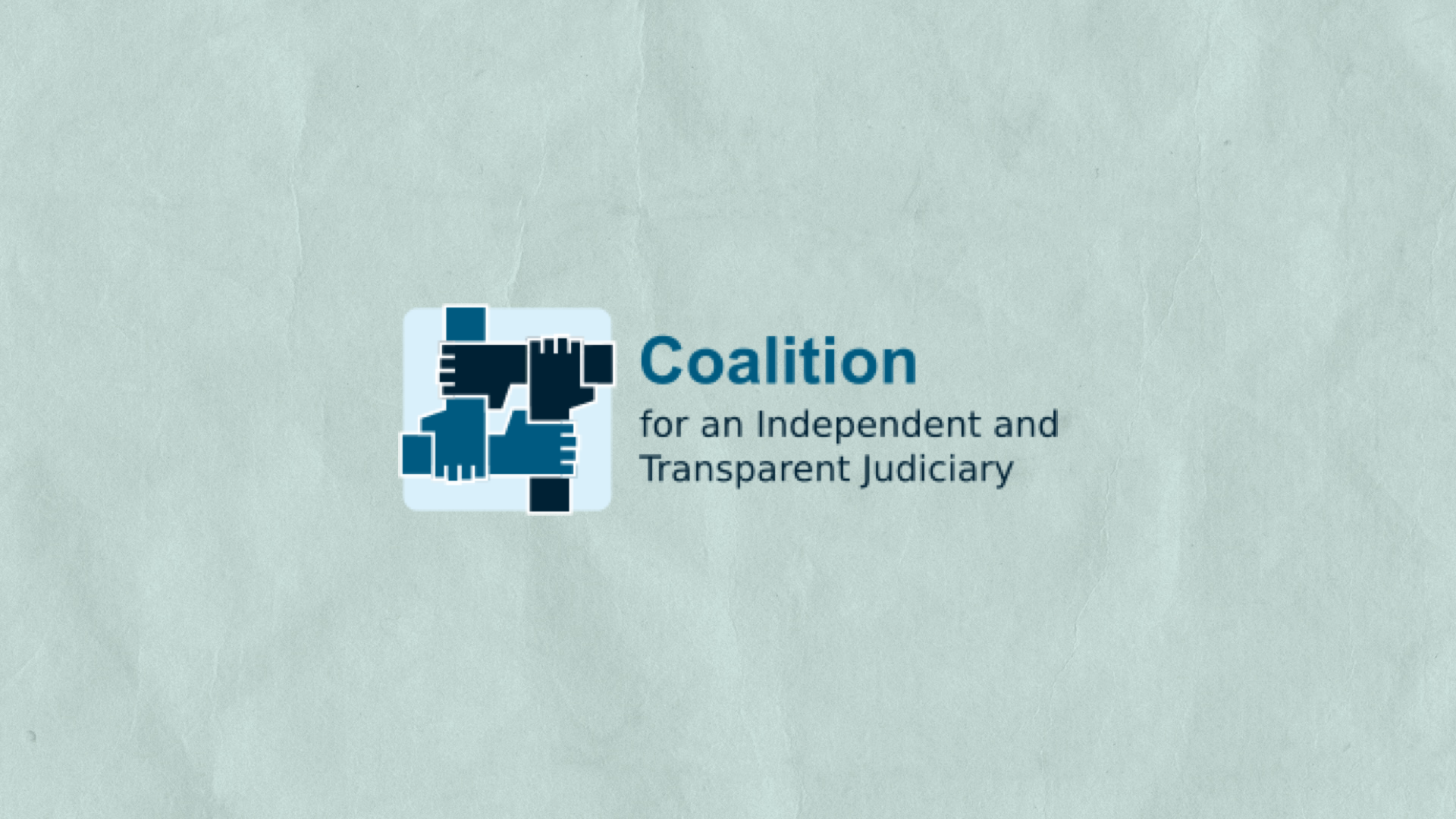The Coalition for Independent and Transparent Judiciary reacts to the judicial reform strategy and action plan released by the Parliament at the end of last week within the framework of the Justice Reform Working Group. The Coalition states that the proposed document does not reflect the real challenges in the justice system. Unfortunately, once again, it proves that the ruling political team does not have the readiness for real reform and continues to aim for façade changes.
As it is known to the public, one of the twelve recommendations of the European Commission concerns the systemic reform of the judiciary and ensuring the independence of all its parts. For this purpose, a working group was created within the framework of the Parliament’s Legal Issues Committee. The working group was supposed to work on solving the challenges in the judiciary, aiming at developing a reform strategy and action plan.
First, we would like to emphasize that the judicial reform strategy and action plan should respond to the challenges in the justice system and aim to solve the problems that exist in legislation or practice. For this purpose, civil society repeatedly informed the Parliament, including within the framework of the working group, that a complete and in-depth assessment of the situation in the judicial system was needed. However, the aforementioned initiative was not even discussed by the working group and the parliamentary majority. The 2021-2027 Association Agenda between the European Union and Georgia focuses on the assessment of the current situation in the judiciary. In particular, the document emphasizes that it is necessary to evaluate the effectiveness of the third and fourth waves of justice reform.
Unfortunately, the new justice reform strategy is written in such a way that there is no unified picture of the challenges in the judiciary or the problems in legislation and practice. Considering the above, it is unclear to us what the goal of the reform strategy and action plan is. The document prepared by the Legal Issues Committee selectively and fragmentarily suggests the issues to be addressed by the reform. The document also selectively mentions local and international assessments and ignores the growing criticism of the judiciary from local and international organizations in recent years.
We regret that the proposed vision completely ignores the main problems in the justice system, namely the concentration of power and informal, clan-based influence in the system. Moreover, in the document, the mechanisms by which the activity of the High Council of Justice would have become more inclusive, and the power gathered in it would have been distributed to other parts of the judiciary, are considered unconstitutional without any argumentation.
In consideration of the above, we believe that the proposed reform strategy and action plan ignore the most pressing problems in the system. Another façade reform will not be enough to ensure the real independence of the justice system and thus will pose an even greater threat to the country’s European integration process.


 ვებ-გვერდი შექმნილია RFSU-ს ფინანსური მხარდაჭერით.
ვებ-გვერდი შექმნილია RFSU-ს ფინანსური მხარდაჭერით.

